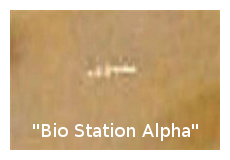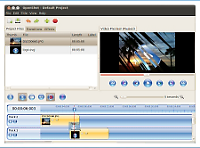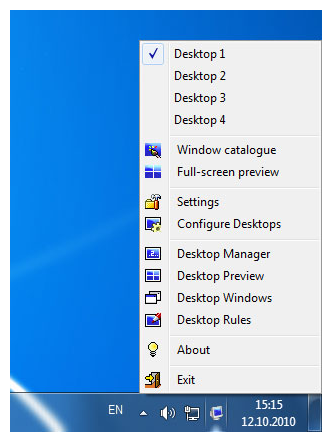UN: Internet Access a Basic Human Right
Ah… OK, I mean, I know that, for me, I gotta have a hot Internet connection, but a basic human right? Ummmm… well, maybe a bit extreme!
United Nations Declares Internet Access a Basic Human Right
“A lengthy report released by the United Nations Friday argued that disconnecting individuals from the Internet is a violation of human rights and goes against international law. ‘The Special Rapporteur underscores the unique and transformative nature of the Internet not only to enable individuals to exercise their right to freedom of opinion and expression,’ according to the report’s summary, ‘but also a range of other human rights, and to promote the progress of society as a whole.’
Released after the seventeenth session of the United Nations’ Human Rights Council, the report ‘on the promotion and protection of the right to freedom of opinion and expression’ comes on a day when its message couldn’t be more important. It’s the same day, Wired’s Threat Level blog points out, that ‘an Internet monitoring firm detected that two thirds of Syria’s Internet access has abruptly gone dark, in what is likely a government response to unrest in that country.’
The report’s authors speak to a wider issue that we’re currently facing, though; this isn’t just a problem in Syria. ‘[T]he recent wave of demonstrations in countries across the Middle East and North African region has shown the key role that the Internet can play in mobilizing the population to call for justice, equality, accountability and better respect for human rights,’ the report notes. ‘As such, facilitating access to the Internet for all individuals, with as little restriction to online content as possible, should be a priority for all States.’ Of course, many of the dictators and leaders across the Middle East region that the report highlights recognized the power of the Internet early — and attempted to cut it from their citizens’ lives.
But people, in most cases, found a way online. In Egypt, for example, we saw hundreds of individuals using old modems and telephone lines to route their traffic through a volunteer network around the globe. And we support them. A survey of 26 countries conducted by the BBC in March 2010 found that nearly four out of five people (79 percent, to be exact) believe that access to the Internet is a ‘fundamental human right.'”
 Dog gone! And here I thought we had found the secret Mars Base! But no, it is cosmic rays! Sounds almost as much fun!
Dog gone! And here I thought we had found the secret Mars Base! But no, it is cosmic rays! Sounds almost as much fun!


 OK, this software is SO cool, I created a whole new Geek Software of the Week category! This video editor for Linux is clean, powerful, and easy to learn and use! It is awesome! The effects and options are as powerful as ANY “paid for” package.
OK, this software is SO cool, I created a whole new Geek Software of the Week category! This video editor for Linux is clean, powerful, and easy to learn and use! It is awesome! The effects and options are as powerful as ANY “paid for” package. Linux has had multiple desktop capabilities since, well, forever! And, it IS nice to be able to truly “multi-task” between two separate desktops… but in Windows… well, you are stuck! Until you get this week’s GSotW!
Linux has had multiple desktop capabilities since, well, forever! And, it IS nice to be able to truly “multi-task” between two separate desktops… but in Windows… well, you are stuck! Until you get this week’s GSotW!